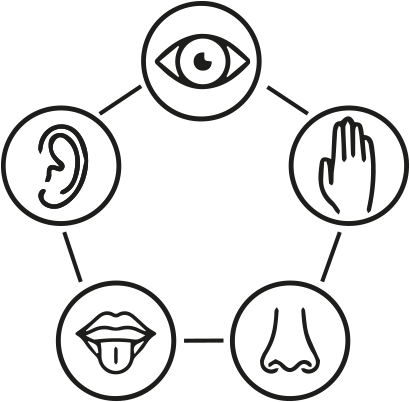Search
Observing and representing: The history of the senses
Becoming aware of the complexity, multi-dimensionality and diversity of sensory experiences.
Led by: Dr. Alexandra Supper (DSS, coordinator)
Dr. Anna Harris (DSS), Dr. Annelies Jacobs (DSS), Dr. Jack Post (LK),
Dr. Jo Wachelder (History)
Exploring Senses Cards
In this student Premium project ‘Exploring senses’ students created cards and a training manual for sensory education. Premium Project are interfaculty students collaborations.
Digital Sensory workshop
Training the senses to use in analysis of museum spaces and assess impact of sensory stimuli on museum audiences.
Led by: Emilie Sitzia.
Later Imperial China: A Sensory History
The course is devoted to helping students understand how to creatively and rigorously interpret its primary documents (including texts, artifacts, and, where possible, sensations) alongside the best of recent historical writing about Chinese history.
Led by: Carla Nappi
- « Previous
- 1
- 2
- 3
- Next »








